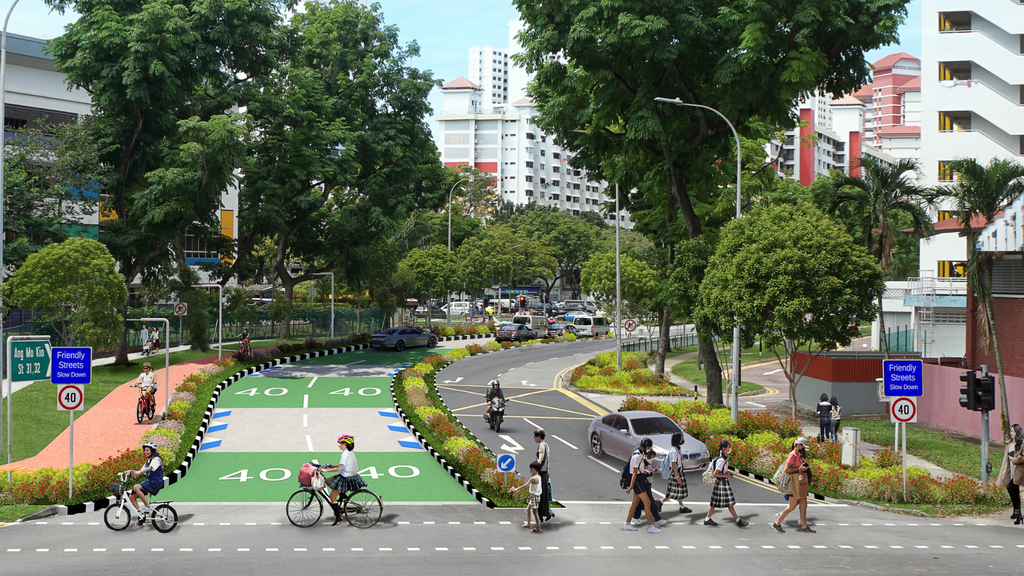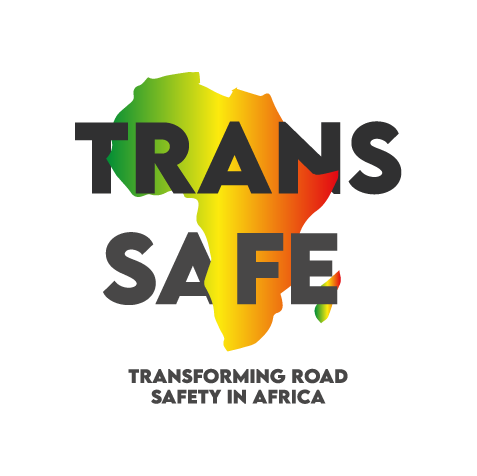
Contracting in transit: The value and benefits of private contracting in North America and internationally to meet passenger needs
Do you know all about the values and benefits of contracting within our sector?
Around the world, there are many different ways that public transit authorities organize and choose to deliver their daily operations to the riding public. Many contractual models have been influenced by the context, culture and history of the location. Each model has its own characteristics and advantages.
In the context of this paper, several public transport organizations have been interviewed to highlight the benefits of contracting transit operations via a competitive process resulting in usage of a third party (private contractors) to operate services .
The purpose of this paper is to present best practices in terms of the scope and award process, contractual framework, and partnership relations between the parties and benefits of contracting.







